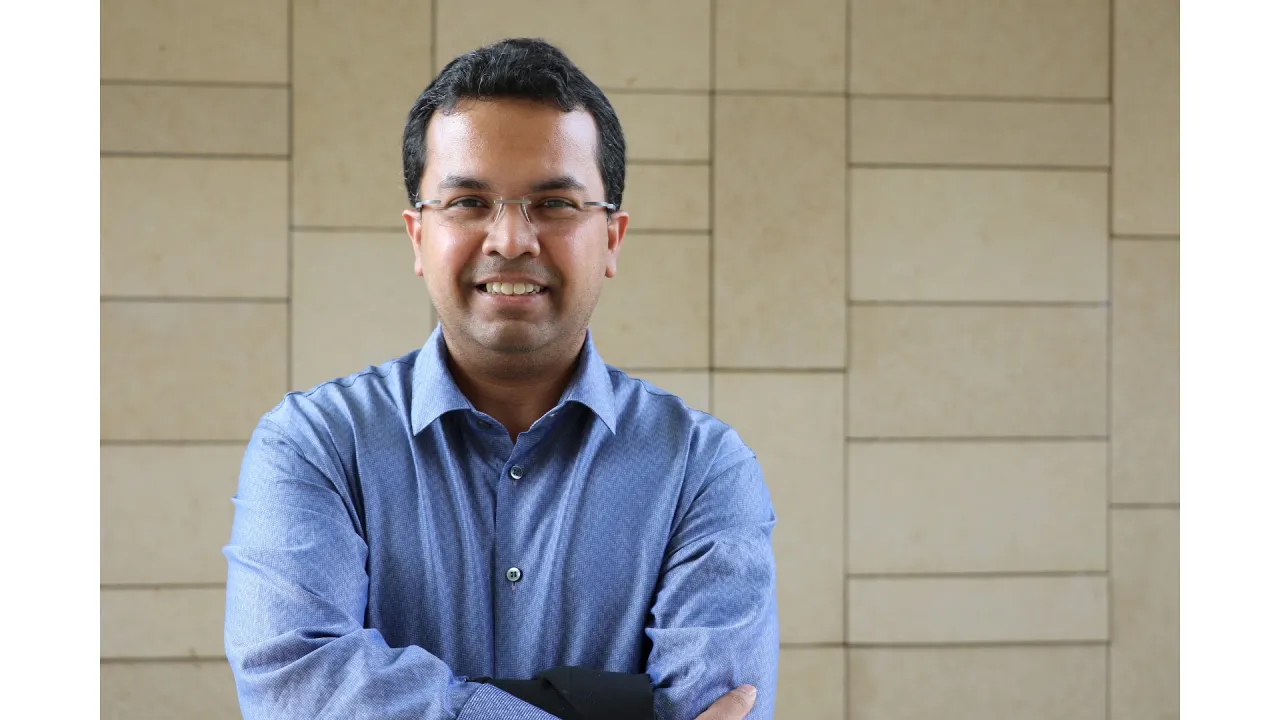
Muhammad Hussain elected Fellow of the American Physical Society (APS)
The Fellowship is an international distinction assigned only to highly selected scientists for their contributions in the fields of APS, and was given to Prof Hussain for contributions to exploration, evaluation, and transition of planar and nonplanar high-k/metal gate complementary metal oxide semiconductor electronics, silicon/silicongermanium/ III-V nanotube devices, and flexible, stretchable, reconfigurable complementary metalâoxideâsemiconductor electronic systems.
About
The American Physical Society Council of Representative met in September to elect Muhammad Hussain Fellow of the American Physical Society. The title of honor was bestowed upon Prof. Hussain on the recommendation of the Forum on Industrial & Applied Physics for his outstanding contributions to physics. The title bears a great significance due to the young age of Prof. Hussain.
The Fellowship is an international distinction assigned only to highly selected scientists for their contributions in the fields of APS, and was given to Prof Hussain for contributions to exploration, evaluation, and transition of planar and nonplanar high-k/metal gate complementary metal oxide semiconductor electronics, silicon/silicongermanium/ III-V nanotube devices, and flexible, stretchable, reconfigurable complementary metal-oxide-semiconductor electronic systems.
The number of APS Fellows elected each year is limited to no more than one-half of one percent of the membership. Last year it was 48,000.
Hussain, who studied at University of Texas and University of Southern California before entering the role of Associate Professor at KAUST, is no new to international recognitions: Scientific American has listed his research as one of the Top 10 World Changing Ideas of 2014, and he has received 30 research awards including this year's IEEE Outstanding Individual Achievement Award, Outstanding Young Texas Exes Award 2015 (UT Austin Alumni Award), US National Academies' Arab-American Frontiers of Sensors (2015 and 2016), DOW Chemical Sustainability Challenge Award 2012, and many more. Moreover, Professor Hussain has also more than 50 issued and pending US patents.
Since his arrival at KAUST, Hussain has focused his research on innovative applications for web integrated electronics using CMOS compatible processes to transform any sort of material, such as device architectures, substrates, even waste materials, into impactful resources.
Hussain is also the organizer of an annual NSF Conference "KAUST Sustainability" (insert hyperlink https://sustainability.kaust.edu.sa/) and of an international graduate student competition "Do-It-Yourself Electronics Innovation Challenge" (insert hyperlink https://sustainability.kaust.edu.sa/diy2016 )